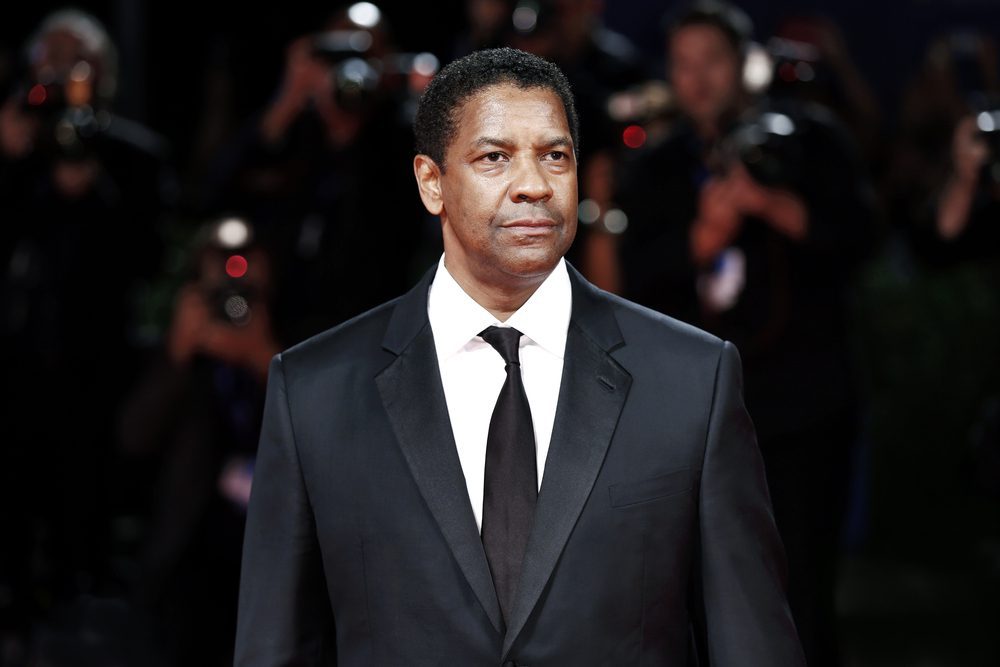Academy Award-winning actor Denzel Washington has emerged as an unexpected voice of reason in America’s increasingly complex political landscape. At 69, the celebrated actor’s recent interview with The Sunday Times transcends typical celebrity commentary, offering a sobering analysis of political manipulation in the modern era. His observations come at a crucial moment, as the nation grapples with unprecedented levels of political division and information overload.
The manipulation machine
Washington’s analysis cuts through partisan rhetoric to expose a deeper truth about American politics. His perspective challenges both sides of the political spectrum, suggesting that manipulation isn’t confined to any single ideology. The actor’s insights reveal how political messaging has evolved in the digital age, transforming from simple campaign strategies into sophisticated psychological operations that target voters through multiple channels.
Digital age dilemma
In an era where information flows ceaselessly through smartphones and social media feeds, Washington’s observation about becoming “slaves to information” resonates powerfully. This digital dependency has created an environment where facts compete with fiction, and truth becomes increasingly difficult to discern. The actor’s comments highlight how technology, initially praised as a democratizing force, has become a double-edged sword in political discourse.
The outsider perspective
Washington brings attention to the international view of American politics, acknowledging the complexity that often escapes external observers. His analysis suggests that surface-level criticisms fail to capture the intricate web of factors influencing American political life. This perspective offers valuable insight into how domestic political issues are perceived globally and the importance of understanding context before passing judgment.
Tools of influence
The veteran actor’s warnings about political tools of manipulation have proven prescient. Modern political campaigns increasingly rely on sophisticated data analytics, targeted messaging and social media algorithms to shape public opinion. Washington’s observations challenge citizens to examine how these tools affect their own political perspectives and decision-making processes.
Beyond the political theater
Washington’s seemingly lighthearted suggestion to “go to the movies” carries deeper implications about maintaining perspective in politically charged times. It speaks to the importance of finding balance and avoiding complete immersion in political content, which can lead to burnout and increased susceptibility to manipulation. This advice reflects a nuanced understanding of how continuous exposure to political messaging affects mental well-being.
The path forward
The actor’s insights point toward the need for increased media literacy and critical thinking skills among the American public. His comments suggest that awareness of manipulation is the first step toward resistance. This understanding becomes crucial as technology continues to advance and new forms of political influence emerge.
Impact on future discourse
Washington’s observations have implications for future political conversations and civic engagement. His message encourages a more thoughtful approach to consuming and sharing political information, suggesting that informed skepticism might be the best defense against manipulation. This perspective could influence how future generations approach political participation and media consumption.















